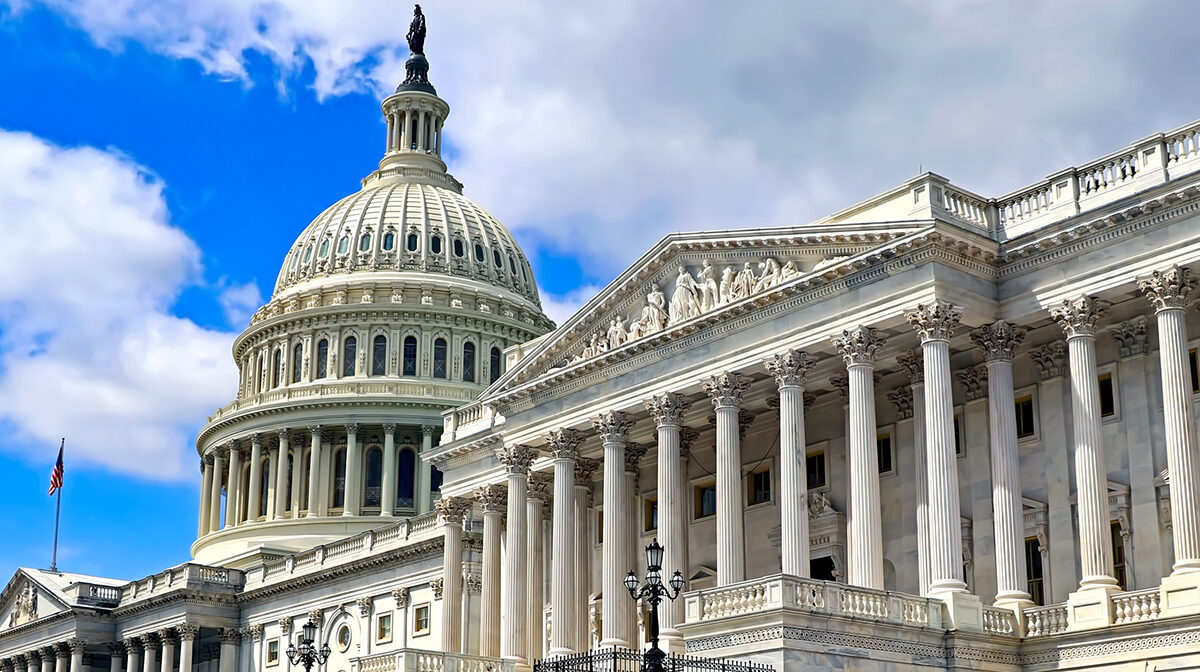Will the U.S. Government Shutdown again? Inside the Trump–Congress standoff

Congress deadlock pushes U.S. to brink of shutdown.
With the deadline just hours away, Washington is bracing for a potential government shutdown at midnight on September 30, 2025. President Donald Trump and top congressional leaders failed to strike a deal in a tense White House meeting, leaving millions of Americans and federal workers uncertain about the days ahead.
Why Is the Government on the Brink of a Shutdown?
The standoff centers on health care funding. Democrats are demanding nearly $1 trillion in spending to extend Affordable Care Act subsidies, reverse Medicaid cuts, and stabilize premiums. Republicans, led by Senate Majority Leader John Thune and Speaker Mike Johnson, want to pass a short-term extension to keep government funding at current levels, without extra health care costs.
Trump Meets Leaders, but No Breakthrough Emerges
Monday’s meeting between Trump, Senate Minority Leader Chuck Schumer, House Minority Leader Hakeem Jeffries, and GOP leaders ended in stalemate. Democrats accused Republicans of ignoring the health care crisis, while Vice President JD Vance declared, “We’re headed into a shutdown.”
Adding fuel to the fire, Trump posted an AI-generated video mocking Democrats, escalating tensions instead of moving toward compromise.
What Would a Shutdown Mean for Federal Workers?
The White House budget office has told agencies to prepare for mass furloughs and even “reductions in force.” That means many federal workers could face unpaid leave or permanent layoffs if the shutdown drags on.
Essential services such as law enforcement, TSA, and air traffic control would continue, but workers may go without pay until Congress acts.
How Would Americans Feel the Impact?
- Social Security & Medicare: Payments will continue, but new applications and customer service could be delayed.
- Military Pay: Active-duty personnel may face delays unless Congress passes separate protections.
- Health Care: Up to 15 million people risk losing coverage and 24 million could see premiums spike by 75% if subsidies expire.
- Travel: Air travel is expected to continue, but staff shortages could lead to delays.
READ ALSO
What did Trump’s explosive UN speech reveal about America’s global role?
Who Is Being Blamed for the Impasse?
Both sides are digging in. Republicans argue Democrats are holding the country hostage over subsidies, while Democrats accuse Trump of prioritizing politics over people’s health care.
Schumer said after the meeting: “The American people are hurting in their health care, and they’re crying out for help. Republicans refuse to act.”
Meanwhile, Speaker Mike Johnson countered: “If Democrats shut the government down, the consequences are on them.”
How Long Could the Shutdown Last?
Some Republicans believe Democrats will eventually yield once public anger mounts. Others, like Senator Peter Welch, say “the odds are against a deal” before the deadline, warning millions of lives could be disrupted.
If no compromise is reached, the U.S. will enter its first shutdown of Trump’s second term, and possibly one of the most politically charged in recent history.
FAQ: Government Shutdown 2025
Q1. Why is the U.S. government facing a shutdown in September 2025?
Because of a funding clash: Democrats demand $1 trillion in health care spending, while Republicans want a stopgap bill without those provisions.
Q2. When is the government shutdown deadline?
At 12:01 a.m. on October 1, 2025, the federal government will shut down if no deal is reached.
Q3. Who is to blame for the shutdown?
Republicans blame Democrats for tying health care to government funding. Democrats say Trump and GOP leaders are ignoring urgent health needs.
Q4. How will federal workers be affected?
Hundreds of thousands may face furloughs or layoffs, while others must work without pay until Congress passes funding.
Q5. Does a shutdown affect Social Security or Medicare?
Payments will continue, but new applications, claims, and service requests may face serious delays.
Q6. Will the military still get paid?
Troops could see pay delays unless Congress passes an emergency measure.
Q7. What about health care?
If subsidies expire, 15 million could lose coverage and 24 million could face massive premium hikes.
Q8. Could air travel be disrupted?
Yes. TSA and air traffic controllers will still work, but past shutdowns show staff shortages cause delays.
Q9. How long could this shutdown last?
It depends on political negotiations. Republicans say it may be short; Democrats warn it could drag on.
Q10. Has this happened before?
Yes. The U.S. has had 21 shutdowns since 1976. The longest was in 2018–2019, lasting 35 days.

